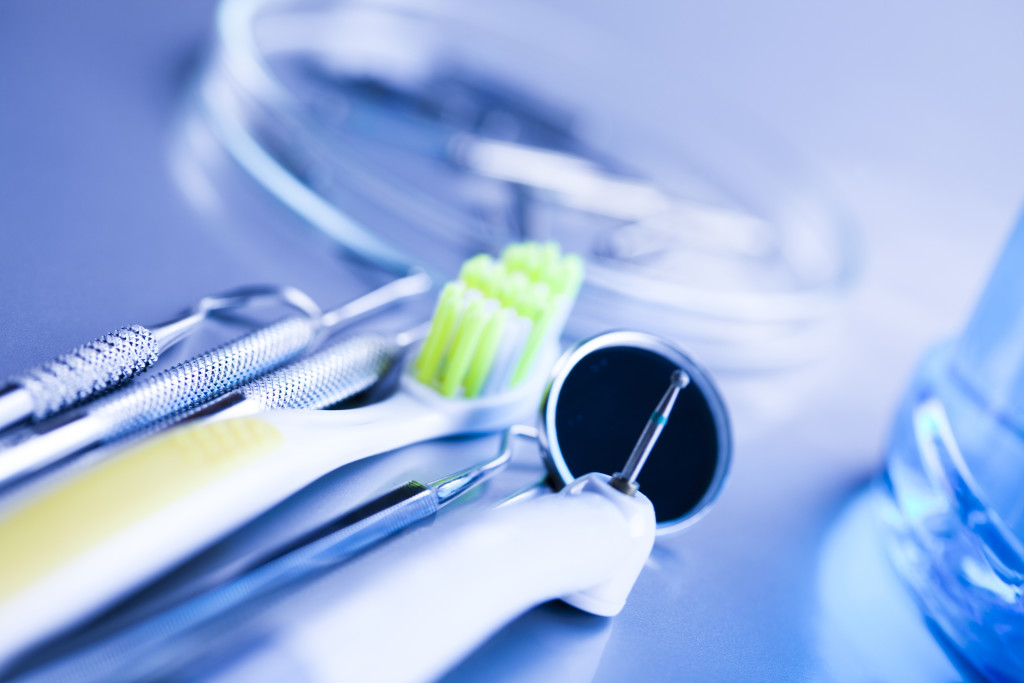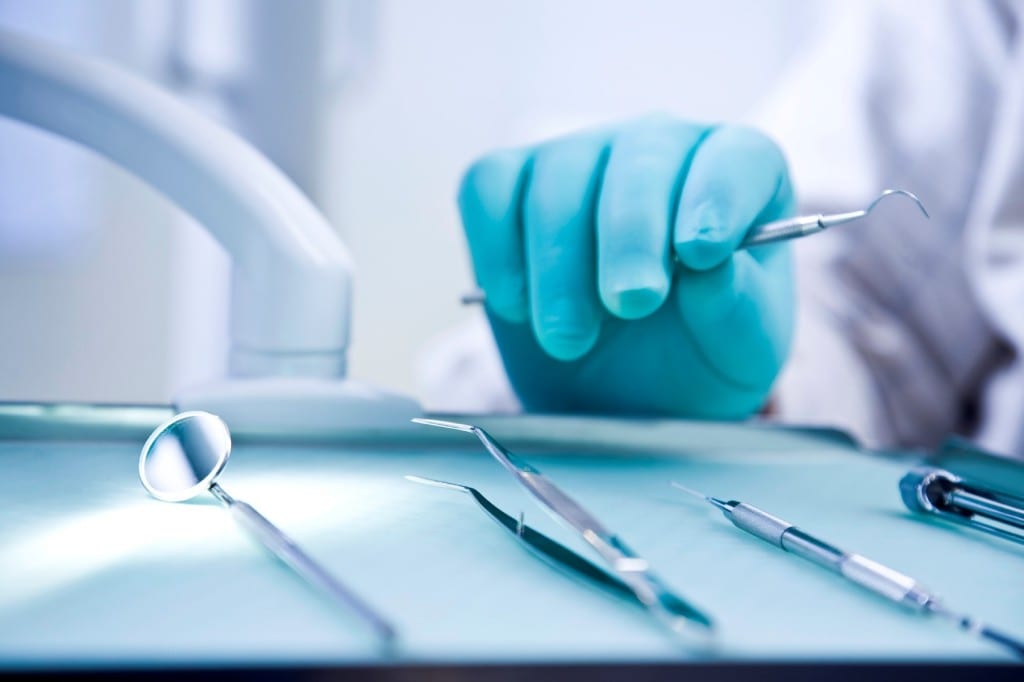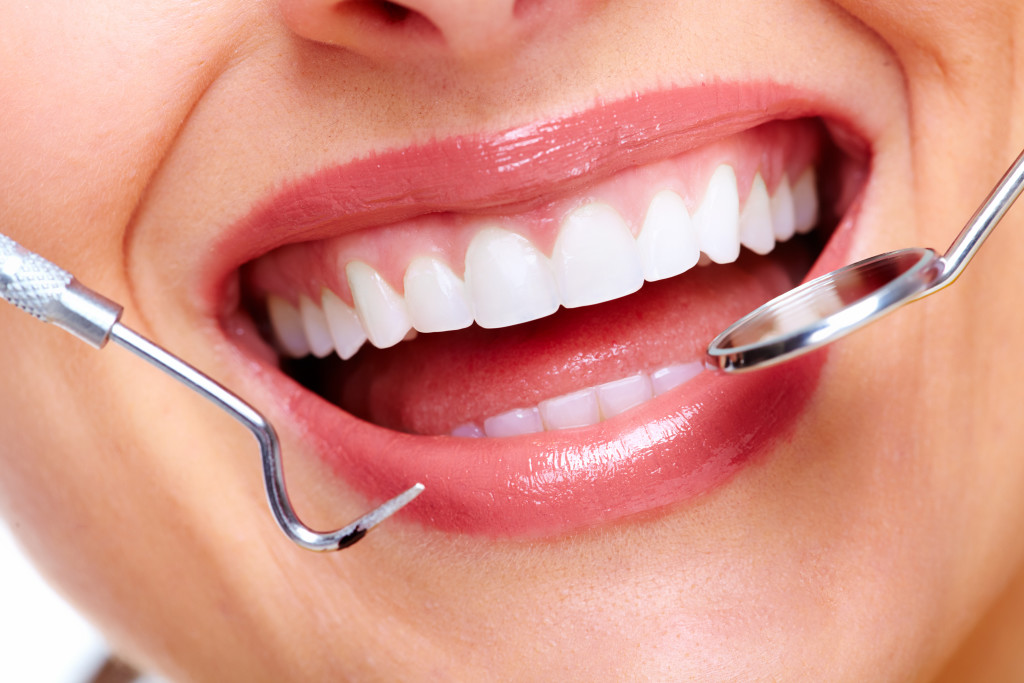 The body of a pregnant woman gives most of the nutrients to the fetus.
The body of a pregnant woman gives most of the nutrients to the fetus.
Lack of vitamins and minerals leads to a violation of the integrity of tooth enamel – and this is a favorable environment for microbes and bacteria. To exclude the occurrence of caries and toothache during pregnancy, see your dentist.
Myths about dental treatment during pregnancy
Myth number 1. Dental treatment adversely affects fetal development
Diseased teeth are not only discomfort and pain, but also a focus of infection. Timely dental treatment during pregnancy will not harm mom and baby, but will help to avoid gum inflammation, pulpitis, complete tooth extraction and infection.
Myth number 2. Pregnant women can perform any dental procedures.
This is mistake. Sometimes manipulations can harm the health of mother and baby:
- bleaching – special chemical cleaning agents are used;
- implantation – the risk of rejection of the implant by the fetus;
- treatment – with the use of products containing arsenic and adrenaline.
Myth number 3. It is contraindicated for pregnant women to treat teeth under general anesthesia.
Anesthesia of the past generation was prohibited in the treatment of pregnant women. Novocaine in the composition was incompatible with the placenta. Getting into the mother’s blood, the substance caused changes in the development of the fetus. In modern dental practice, an articaine group of anesthetics is used that does not harm pregnancy.
Myth number 4. X-ray prohibited during pregnancy
Normal x-ray radiation is harmful to the health of a pregnant woman: fetal development and growth are impaired. However, dentists now do not use film devices: dentists use a radiovisiograph (filmless device), whose power does not exceed the safety threshold.
The x-ray beam is directed only to the root of the tooth.
During the procedure, a lead apron is used, which protects the fetus from radiation.
Pregnancy anesthesia: for or against
Dental treatment during pregnancy is a frightening procedure for expectant mothers. Fear of toothache leads to stress, which is bad for the baby’s health. An experienced doctor will calm an excited patient: “thanks to high-quality anesthesia, you will not feel pain.”
General anesthesia during pregnancy is prohibited.
The desire to save the patient from torment through sleep can lead to irreparable consequences:
- fatal outcome (severe allergic reaction to general anesthesia);
- miscarriage;
- rejection of the fetus.
Modern practical dentistry advocates the use of local anesthesia.
Local anesthesia will protect the fetus and relieve the expectant mother from pain. Preparations of a new generation allow you to localize the pain in a certain area, without touching other organs.
This method of pain relief during pregnancy prevents the penetration of the pain medication into the placenta. Anesthetic enters the blood of the mother, bypassing the placental barrier.
Why is it dangerous for pregnant women to ignore toothache
Do not believe folk traditions and myths that toothache during pregnancy should be endured before childbirth. Pregnant women are allowed dental treatment. However, the use of medication and the timing of the procedure are chosen by the doctor.
Why you need to go to the dentist:
Compassionate attitude can lead to the formation of a weak skeleton and teeth in the baby. Do not ignore the appearance of toothache in the last trimester.
Do not expect the toothache to recede on its own. It’s impossible to get used to it. Prolonged toothache during pregnancy is stress for the mother and fetus.
Picture Credit: chrisvg






